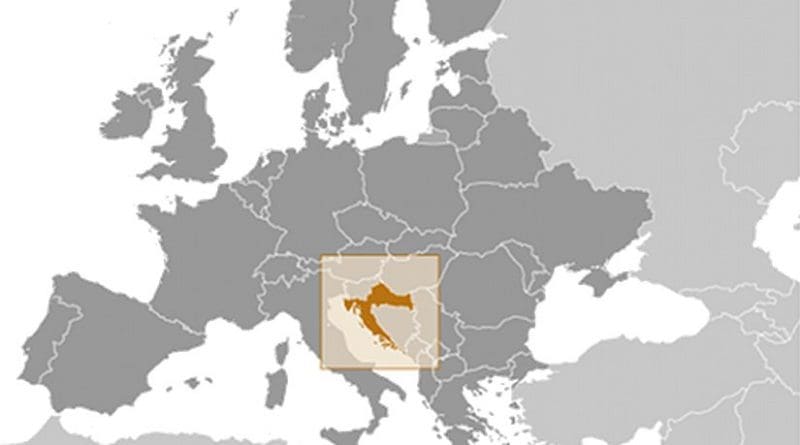Croatia: Election Stalemate Likely
By Sven Milekic
Croatia’s parliamentary elections on Sunday are unlikely to result in a clear win by either of the two main centre-left and centre-right blocs, the latest surveys suggest.
As Croatian voters prepare to cast votes in early parliamentary elections on Sunday for the second time in ten months, surveys suggest neither the centre-left People’s Coalition nor the centre-right Croatian Democratic Union, HDZ, will emerge as the clear winner.
Several recent public opinion surveys indicate that neither coalition will win a majority of 76 seats in the 151-seat parliament.
Besides 140 seats in ten constituencies in Croatia, eight seats are guaranteed to national minorities and three to Bosnian Croats and the diaspora, making 151 in total.
As in the last elections, both the centre-left coalition – led by the Social Democratic Party, SDP – and the HDZ will depend on seats won by third, smaller parties: the centre-right Bridge of the Independent Lists, MOST, the anti-establishment Living Wall or the coalition gathered around Zagreb Mayor Milan Bandic.
A survey published on Wednesday, conducted by a polling agency Ipsos puls, using secret voting by 4,200 people in all ten 14-seat constituencies, predicts that the People’s Coalition will win 55 seats and the HDZ 53 seats.
The same survey suggests that MOST will win 12 seats, Living Wall, eight and Bandic’s coalition, seven. Three smaller parties will win between one and three seats each.
An earlier survey published on September 2 showed the People’s Coalition could win 61 seats and the HDZ 56. That survey, conducted through telephone calls, was carried out by the polling agency Hendal and included 10,000 participants.
As in the Ipsos puls survey, this survey suggested that a major role in forming the next government will go to MOST, with 13 seats, and to Living Wall, with six.
Besides these parties, an important role will be played by MPs representing national minorities. The HDZ will meanwhile most likely win all three seats representing voters from outside Croatia, as it did so far.
The date for the early elections was set in mid-July by President Kolinda Grabar Kitarovic after the HDZ-MOST coalition government fell in June.
The SDP is still led by its president and former prime minister, Zoran Milanovic, while the HDZ in July chose a new president, Andrej Plenkovic.
In the last elections in November 2015, the HDZ-led Patriotic Coalition won 59 seats, while the SDP-led Croatia Grows coalition won 56. MOST was the biggest surprise of the elections winning 19 seats and becoming the post-election kingmaker.
– See more at: http://www.balkaninsight.com/en/article/croatia-elections-to-again-bring-left-right-deadlock-09-09-2016#sthash.qEbeHPZV.dpuf

